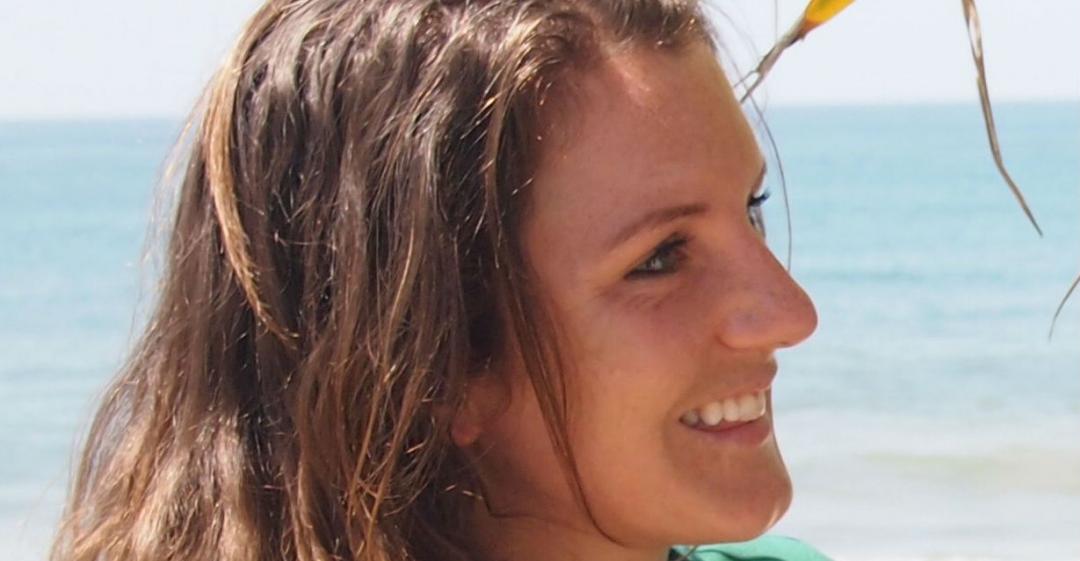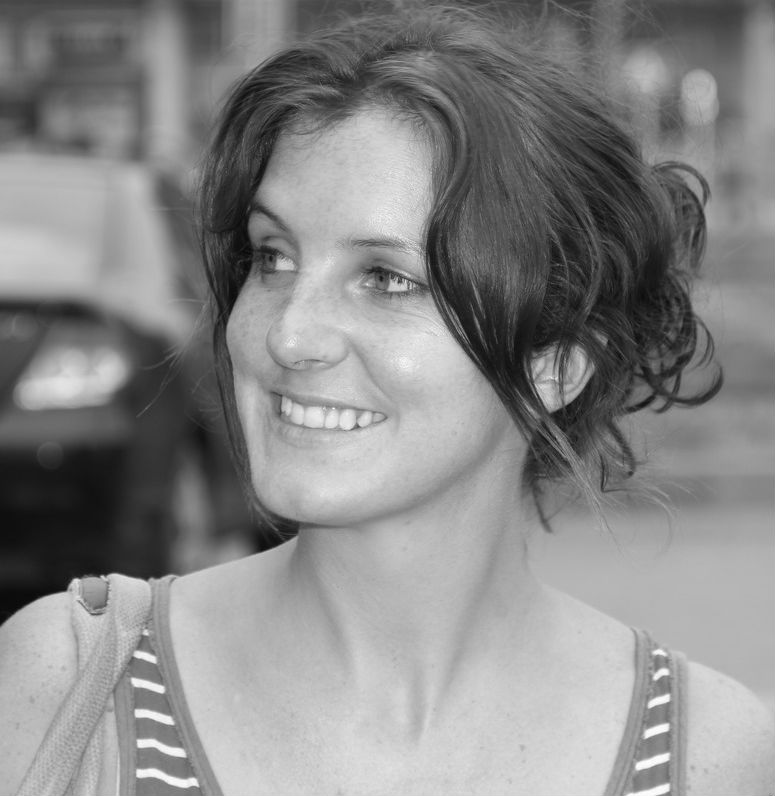“I felt pressure... that I should have a 'proper' job.”

What work were you doing previously?
I spent the years after university working as an English teacher on and off for six years in Asia.
I taught, then travelled for a bit, then taught, then travelled, etc.
What are you doing now?
International Assistant Manager for a volunteer organisation called SLV.
Why did you change?
Because I wanted to find a little more focus and stability.
When was the moment you decided to make the change?
When the novelty of living out of a suitcase ran out and I decided I'd quite like a wardrobe instead.
Are you happy with the change?
Yes.
I feel as though I'm not just drifting anymore; I'm able to work as part of a team with a clearer direction.
What do you miss and what don't you miss?
I miss the freedom of working in new places every year.
I don't miss the loneliness of moving around and having to establish new relationships.
How did you go about making the shift?
When I returned to the UK, I was a little lost.
I looked at my friends who were comfortable in their jobs and felt the pressure that, as I was approaching my thirties, I should have a 'proper' job.
I figured out what I really wanted to do by looking at what elements of TEFL (Teaching English as Foreign Language) teaching I enjoyed – interacting with different groups of people, being in new environments. I also knew that I wanted to work for an organisation with altruistic motivations.
I considered taking a PGCE (Postgraduate Certificate in Education), as this would have given me a qualification which I could use either in the UK or abroad. In fact, I went through with the application process for Teach First (taking the opportunity in the meantime to volunteer in Sri Lanka through SLV). I was very close to accepting a place when SLV offered me a position.
This did present me with a dilemma – going with Teach First would have meant I had a guaranteed job and salary for two years, as well as a teaching qualification and experience.
However, I chose to take the position with SLV. I'd enjoyed the volunteering I'd done with them in Sri Lanka, and the team there. I liked the ethos of the organisation and as it was a small team I could have a really hands-on role.
I've now been part of the team in some capacity for over a year. I'm still learning every day about volunteering abroad, and how different cultures can work together – it feels great to be a small part of that.
It was only through having volunteered myself and gaining that practical experience, that I was able to see what direction I wanted to take my career in, and to build the skill set to make that happen.
What didn't go well? What 'wrong turns' did you take?
There were no wrong turns, but it did take me a while to figure out what I wanted to do.
It was difficult explaining to people 'what I did' when socialising – explaining that I used to move around and teach, but that now I was making the transition into something new.
How did you handle your finances to make your change possible?
Whilst I was making the shift I took on temporary jobs in London.
These included reception work, being a speed dating host, working in a fabric warehouse, waitressing, and odd jobs such as puppy sitting.
What was the most difficult thing about changing?
It took me a little while to adapt to working in an office environment as part of a team. I'd been used to working more independently.
What help did you get? 
My boss always gave me a range of different jobs to tackle in the office, to help me expand my skill set and see what kind of things I enjoyed.
What have you learnt in the process?
I've learnt that it takes trying different things out to find what you enjoy and don't, and where your strengths and boundaries lie.
Also, there isn't a set or direct path to take when exploring different career options.
Lastly, you don't have to be at a particular 'stage' in your life to be successful – that's just other people's expectations.
What do you wish you'd done differently?
When I was teaching abroad, I often wondered if I should be pursuing a 'proper' career at home, particularly as more of my friends became settled in their careers.
I now see that my experience was valuable and necessary in bringing me to where I am today. So, actually, I don't wish I'd done anything differently.
What would you advise others to do in the same situation?
I'd advise others not to feel the pressure to find a set career straightaway if that's not what suits them.
If you have the freedom to go and try new stuff, do it!
What resources would you recommend to others?
For work teaching English overseas, I'd advise others to take a qualification such as TEFL or CELTA (Certificate in English Language Teaching to Adults) and try short-term posts, or teaching posts with different age groups, to see what they take to the most.
For work in the voluntary sector, I'd advise volunteering with organisations to gain more of an idea of what the work involves on a long-term basis. Volunteering, whether abroad or at home, is a great way to expand your skill set, gain experience and see what kind of work you enjoy.
What lessons could you take from Penny's story to use in your own career change? Let us know in the comments below.



